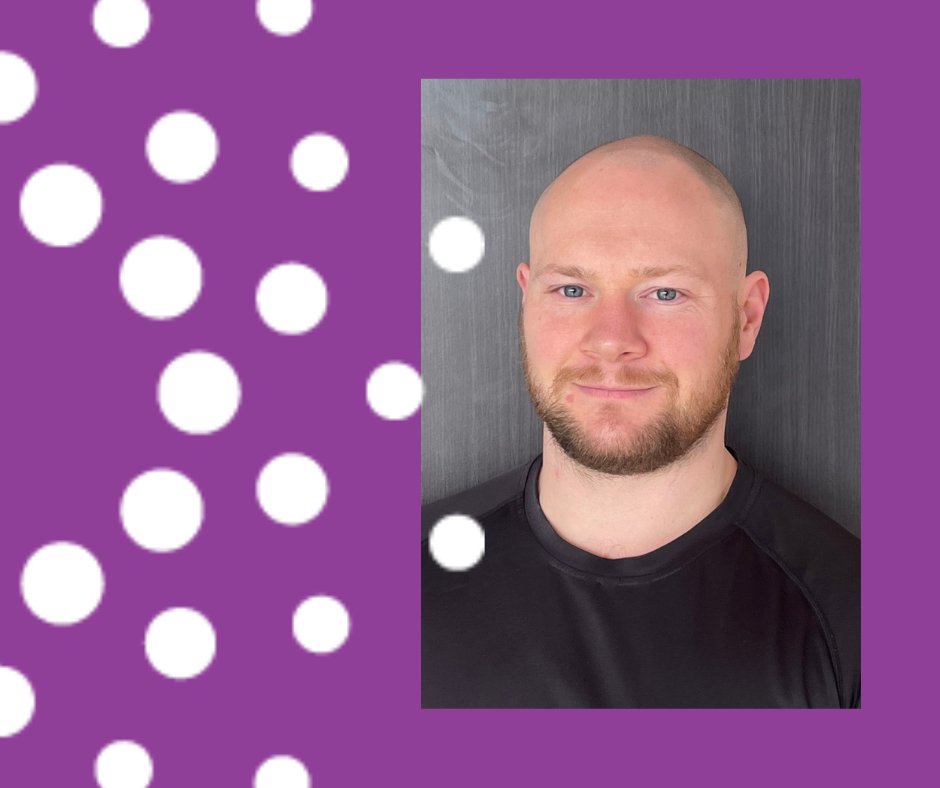
What made you want to train as a nurse? Do you think having nursing parents influenced your decision?
I was previously working in an industry that’s very loosely structured and had the ability to be incredibly “same-y” week in and week out, while looking for alternative roles that still fit the criteria of “health, person to person engagement and just generally feeling like you’re helping others”. Nursing just seemed to tick the most boxes while still providing a role that felt like a stable career too.
I often wonder myself if having nursing parents influenced this decision, I don’t think it played a major role, but definitely brought attention to the role in the first place. It HAS led me to feel closer to my parents due to a shared interest though, consider it trauma bonding!
How have you found navigating studying and placements as someone who has ADHD?
So I’ve had the “lucky?” Position of being unmedicated from around the ages of 6 to 28 and only recently trialing Vyvanse halfway through the year, I have never realised how much I was struggling to study until I wasn’t, especially compared to practical classes.
I find our clinical learning environment classes and placements teach so much compared to the lectures but placements contextualise those lectures, so for a solid 3 months I thought I simply didn’t get it.
In short, study — especially self directed study — is an uphill battle, though the addition of practical classes and placements ease those concerns dramatically.
Do you have any advice for the best way a colleague might support a student or fellow nurse who has ADHD?
Honestly, just be patient, but ensure they have a structure. In assignments I find myself putting it all off until doing it all in one big bulk at the end and submitting one big mass. For this reason planning how tasks or assignments are going to be broken down is so important.
In clinical environments, having a well utilised shift planned fixes a lot of these issues but it has to be properly used I found personally. In short, I assure you they’re trying their best. A breakdown of personal structure is the biggest risk, I found.
What do you do in your down time for your own positive health and wellbeing?
Nothing too different from everyone else really, I have an active social life, healthy exercise routine I keep to in addition to hobbies both as an individual and a social circle to spent time doing anything NOT nursing related.
What area of nursing do you think you'd like to end up once you graduate?
I’m currently eyeing up emergency department or mental health nursing, though there are so many specialties out there to look into that I’m not planning on turning down other options if they catch my interest.
